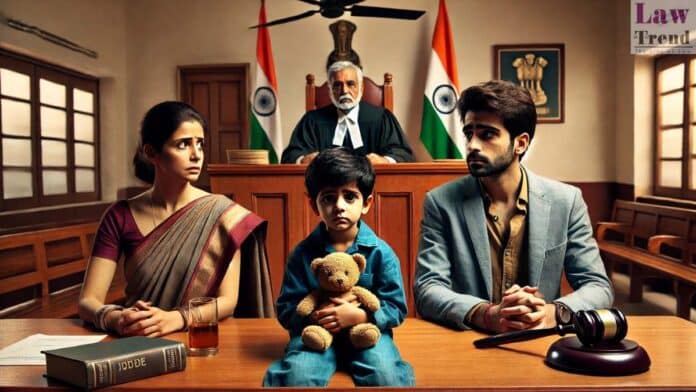In a landmark ruling, the Supreme Court of India reaffirmed that a child born during the subsistence of a valid marriage is legally presumed to be the offspring of the husband, regardless of allegations of adultery or biological evidence to the contrary. The judgment, delivered by a bench comprising Justice Surya Kant and Justice Ujjal
To Read More Please Subscribe to VIP Membership for Unlimited Access to All the Articles, Download Available Copies of Judgments/Order, Acess to Central/State Bare Acts, Advertisement Free Content, Access to More than 4000 Legal Drafts( Readymade Editable Formats of Suits, Petitions, Writs, Legal Notices, Divorce Petitions, 138 Notices, Bail Applications etc.) in Hindi and English.




